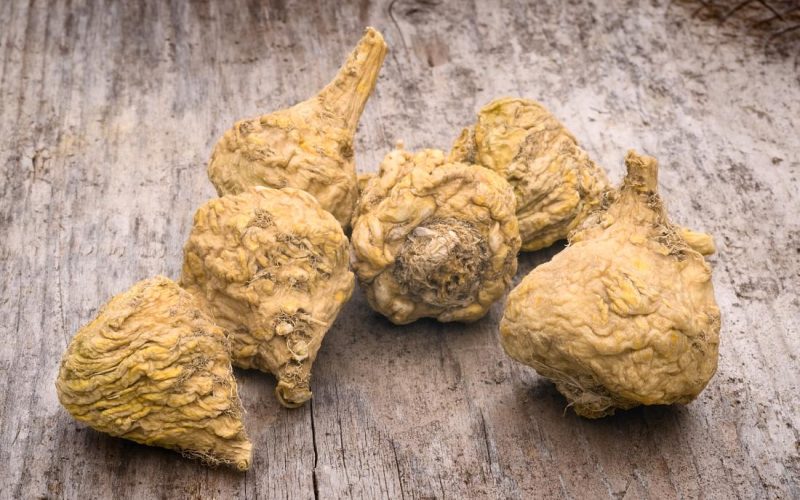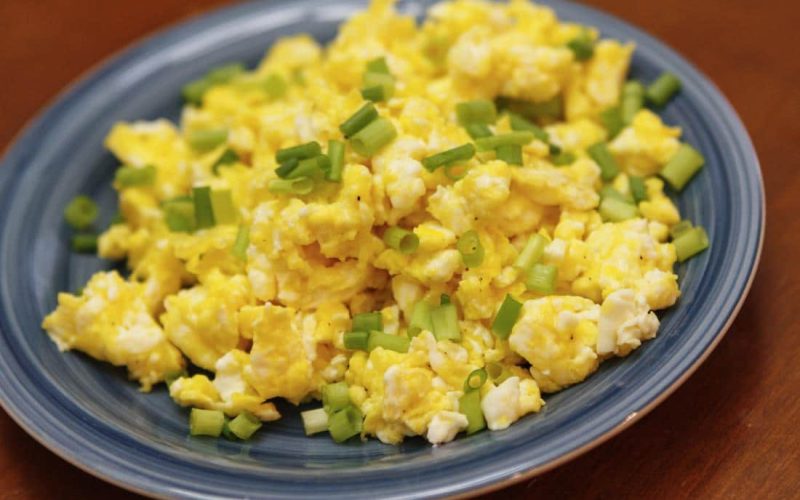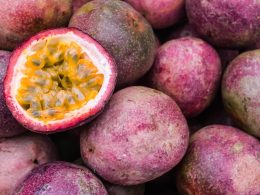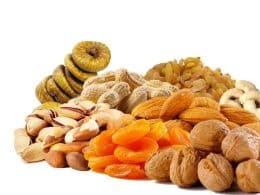- Kingdom: Plantae
- Clade: Tracheophytes
- Clade: Angiosperms
- Clade: Eudicots
- Clade: Rosids
- Order: Brassicales
- Family: Brassicaceae
- Genus: Lepidium
Maca (Lepidium meyenii) is one of nature’s gifts to man, but most especially the female folks. Maca is the root of a vegetable that is local to the Andes region of Peru.
It is also known as “Peruvian ginseng, but maca and ginseng do not belong to the same botanical family, maca can be consumed as food and is used as a herb to help with libido and energy boost
Typically added to shakes, smoothies, and juice, the ground maca root powder can also be added to foods as an ingredient, mostly in oils, coffee, or chocolate.
In Peru, whole maca root is usually added to oatmeal and soup, roasted and consumed as a small tuber or vegetable, or turned into a fermented beverage called “maca chica.”
Uses of maca
Proponents have claimed that maca may be of benefit to conditions like low libido, erectile dysfunction, hair loss, depression, hot flashes, and a few other symptoms of menopause.
As a cruciferous vegetable like kale, cabbage, arugula, broccoli, and Brussels sprouts, maca has some glucosinolates, which are plant compounds currently being studied for their possible role in cancer prevention.
Nevertheless, in Peruvian folk medicine, many people have sometimes used maca to raise energy levels.
Health Benefits of maca
A few scientific studies have taken their time to examine the effectiveness of maca. Below are some finding made so far:
For Sexual Function and Libido
In a report that was published in BMC Complementary and Alternative Medicine, analyzed four previously published clinical trials on the use of maca for improving sexual function.
Scientists analyzed some previous clinical trials which were carried out on the use of maca for sex enhancement and improved sexual functions.
While the outcome of two of the studies revealed that maca had some positive effects on resolving sexual dysfunction, the researchers came to the conclusion that the number of trials and the total sample size, as well as the average quality of the research, where limited.
Thus, they could not draw a firm conclusion. They also pointed out that there is limited knowledge about the risks associated with maca intake. An earlier study also found that maca intake may improve libido in men.
The scientists who surveyed the effect of Maca on men gave their test subjects either 1,500 mg or 3,000 mg of maca powder or placebo for four months and found that both doses of maca considerably increased sexual desire better than the placebo pills, and did there was no notable increase in testosterone or estrogen levels.
Antidepressant-Induced Sexual Dysfunction
Studies show that Maca may help to alleviate sexual dysfunction that is antidepressant-induced in women, according to a survey carried out in 2015.
For the research, women who were given classes of antidepressant medications called SSRIs (selective serotonin reuptake inhibitors) and SNRIs (serotonin-norepinephrine reuptake inhibitors) had to either take maca root or a placebo.
There was a recorded higher remission rate of sexual dysfunction after a 12-week study for those taking maca.
Fertility
In a small study recently carried out and published in Evidence-Based Complementary and Alternative Medicine in 2015, assessed semen quality and hormone levels after maca and placebo intake.
After the 12-week (4 months) study period, there were no recorded significant changes in motility, sperm concentration, and hormone levels. Nevertheless, there was a noticeable rising trend in sperm concentration and motility.
Depression
Maca root may help to improve mood in people dealing with depression. This claim is according to research that was published in Climacteric in 2015.
For the research, postmenopausal women were made to take maca for six weeks, and the researcher recorded significant decreases both in depression and in diastolic blood pressure (this is the bottom number in a blood pressure reading) when compared to those who took a placebo.
There were no recorded differences in hormone levels ( FSH, TSH, SHBG, and estradiol), lipids, glucose, and serum cytokines.
Possible Side Effects
Little is known about the safety and side effects of the short-term or long-term use of maca. Since it is a natural food, it is generally believed to be safe in large doses.
Little or no information is available about the safety and side effects of short or long term use of maca roots.
The effect of maca on hormone levels is still poorly understood. For example, certain studies have discovered that maca has no impact on sex hormones, but animal studies have reviewed elevated levels of progesterone testosterone and luteinizing hormone.
If you are dealing with hormone-sensitive conditions, such as uterine fibroids, endometriosis, breast, ovarian, uterine cancer, you should not use maca without talking with your doctor.
Regular or excessive intake of raw maca may interfere with a person’s thyroid function.
As with many other supplements, maca root powder or tablets have not been tested for safety in nursing mothers, pregnant women, children, and people taking medications or living with other medical conditions.
Dosage and Preparation
Maca root is sold as a powder, gelatin, in capsules, and as a tincture. Sometimes, it is added to foods. It has a nutty taste and earthy flavor that pairs nicely with cinnamon.
There is no specific recommended daily allowance for the intake of maca root. Alternative medicine practitioners are known to suggest that people begin with 3 grams (that is 1 Tbs. powder) and slowly work your way up to 9 grams per day.
What to Look Out For
The maca plant is a root that is native to the Andes mountain range. If you require the best quality of the product, ensure to search for organic maca that is grown in Peru.
When you select a brand of supplements, search for products that are already certified by The U.S. Pharmacopeial Convention, Consumer Labs, or NSF International.
Other Questions on Maca
Can maca root help with relieving chronic fatigue syndrome?
While some alternative health proponents claim maca root may treat patients who have chronic fatigue syndrome, there has been no clinical evidence to back this up to date.
However, it has been used in Peruvian medicine for people looking to boost energy. Also, anecdotal evidence suggests that maca’s nutrient-rich profile may be of help with general fatigue.
Is maca also a stimulant?
While maca is commonly used to boost energy, it is not a stimulant, and it doesn’t have the same side effects as known short-acting stimulants, like ephedra, that are known to provide a quick jolt of strength and up epinephrine and cortisol.
Additionally, maca does not increase blood pressure, and it usually takes two to three weeks for a user to start feeling its energizing effects.
The conclusion
While maca is often eaten as a staple food (even though it is believed to be a superfood tonic), more studies are required to understand the risks and effects.
If you are considering trying out maca, make sure that you first speak with your healthcare provider to determine if it is appropriate for you.
Please leave a comment below.









